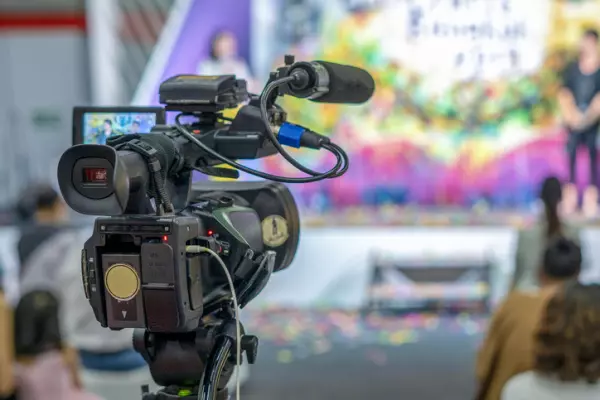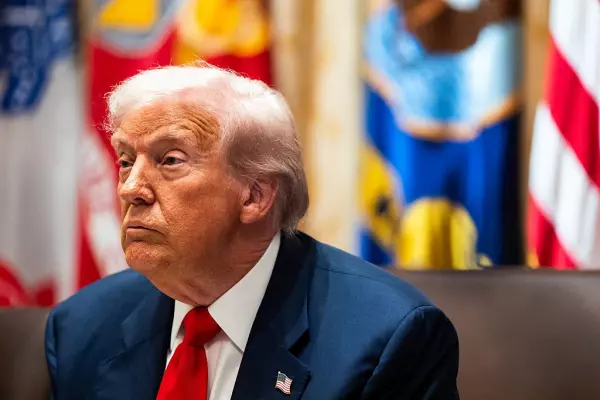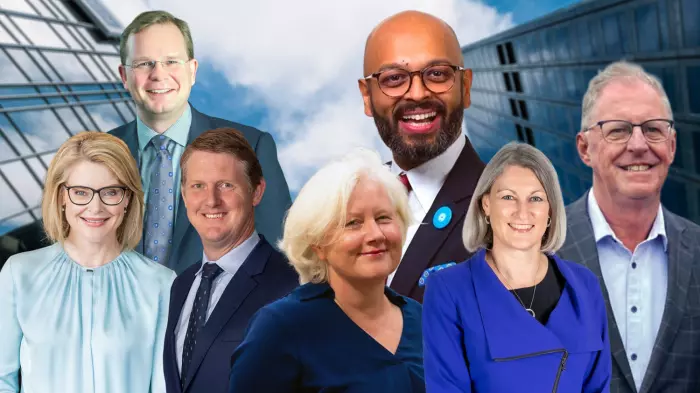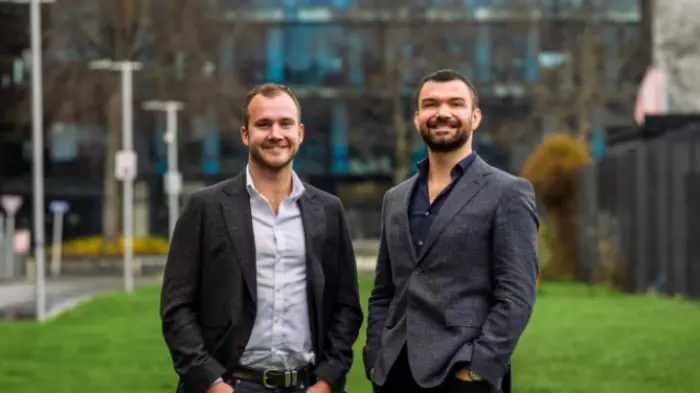We’ve grown used to corporate responsibility extending to social and environmental issues but there may be risks to us all when that gets stretched to free speech and who can have a platform on otherwise blind global services.
Amazon’s decision to expel the communications service Parler from its Amazon Web Services cloud platform is a step further than Twitter permanently suspending Donald Trump from its service over his incitement of the mob that broke into the US Capitol last week.
Apple and Google have joined in, removing or threatening to remove Parler from their app stores unless it controls threats and incitement in conversations it hosts. By doing so, they are effectively nullifying the fast-growing network promoted to those on the right who believe their free speech rights are threatened by Twitter and Facebook.
“This episode is…a reminder of the immense power that the social media platforms have as gatekeepers of public discourse. That power should trouble you even if you agree with the platforms' decisions as to Trump,” Jameel Jaffer, director of the Knight First Amendment Institute at Columbia University said on Twitter @jameeljaffer.
A world-wide unpleasant web
Parler, or more particularly the conversations it hosts, may be part of an unpleasant web - it can be thought of as an anti-social media site - but it is surely not yet part of the Dark Web, where those who trade in illicit goods or unspeakable acts congregate to avoid official surveillance.
Amazon said it acted against Parler because of a “very real risk to public safety”. E-commerce site Shopify, gamer site Twitch, music site Spotify and payments service Stripe are also among those who say they have stopped doing business with Trump.
Twitter had a different history with Trump and a set of terms and conditions that were clearer about what happens when a user spreads contested information or incitement.
Even so, the steps by the big social network platforms – led by Twitter and Facebook – serve to highlight the dominance of US-owned networks that are privately owned and governed by their own terms and conditions and often only notionally to national laws.
Shutting down @realDonaldTrump denies more than 80 million people direct access to the instant thoughts of the most powerful politician in the world – a stream of consciousness he has used to both bypass traditional media and force it to follow.
It could be argued that unmediated insight into his thoughts has democratised access to critical information.
No one who has followed @realDonaldTrump since 2016 could be in doubt what sort of person the president was, whether one finds that appealing or alarming. It is also true that news media have followed and amplified that feed, the so-called trumpet of amplification.
Removing him from Twitter and from Facebook also risks feeding his narrative of victimhood and marginalisation of free speech that his most strident followers find so compelling.
It is possible that story and the depiction of a conspiracy against democracy and American values of free speech and liberty by the Democratic Party and so-called “big tech” will help him and his enablers get off the hook or distract from last week’s “putsch”.
British historian and author on free speech, Timothy Garton-Ash, said on Twitter @tga that the Trump ban “risks sending him & millions of supporters even deeper into a paranoid echo chamber, on other platforms – even further away from 'sunlight – the best disinfectant'...”
Free speech vs Trump – not a binary choice
That isn’t to advocate for Trump or Parler but the affair highlights the vast influence technology platforms wield.
In a sense, the Internet is built on the principles of the First Amendment to the US Constitution and on Section 230 of the US Communications Decency Act that shields platforms from liability for what others publish on their sites.
It is also true that under pressure, platforms have acted, particularly in Europe and the UK, to counter terrorist incitement and paedophilia on their services.
It is also worth remembering that when people say Twitter or others are interfering with First Amendment rights, they literally aren’t.
It applies to the US government, not corporations who govern their own assets with their own rules and terms.
Russian dissident Alexey Navalny took time out from his recovery from being poisoned, presumably at the behest of Vladimir Putin, to raise critical questions about what Twitter’s decision meant for free speech everywhere.
“I think that the ban of Donald Trump on Twitter is an unacceptable act of censorship,” Navalny said on his own Twitter feed @navalny. He went on to say, among other points: “This precedent will be exploited by the enemies of freedom of speech around the world. In Russia as well. Every time when they need to silence someone, they will say: 'this is just common practice, even Trump got blocked on Twitter'.”
Always check the Ts&Cs
While there is no doubt that Trump did breach Twitter’s terms and conditions about incitement and threats, it is also clear those terms are applied at Twitter’s discretion.
Both it and Facebook have been open that they have deliberately allowed politicians – whether Trump or Rodrigo Duterte in the Philippines – greater latitude in broadcasting lies or false claims.
Facebook says it cannot be the arbiter of political speech.
But perhaps there’s an essential difference between a platform built on the idea of open conversations - usually mediated solely by their own users such as Twitter and Facebook deciding one of its members has gone too far - and a cloud service provider withdrawing critical services because of conversations on its clients’ services.
Should banks also withdraw services for Parler in the same way some have cut off fossil fuel companies, weapons makers or tobacco firms?
Deja vu
We have been here before in the free speech realm.
In 2010, after immense pressure, Amazon suspended hosting WikiLeaks after the site published huge tranches of US secret papers – on which it also cooperated with newspapers – that US authorities claimed damaged national security and put agents at risk.
As it is doing now with Parler, Amazon decided Wikileaks broke its terms and conditions, saying: “our terms of service state that ‘you represent and warrant that you own or otherwise control all of the rights to the content… that use of the content you supply does not violate this policy and will not cause injury to any person or entity’.”
At that time PayPal, Bank of America and the major credit card companies also cut ties to Wikileaks. Will they do the same with Parler and who may be next?
Referring to Facebook suspending Trump, US national security secrets leaker Edward Snowden @snowden tweeted: “For better or worse, this will be remembered as a turning point in the battle for control over digital speech.”
Further reading on this fraught area of freedom of speech on the internet that may be valuable includes:
- Essays from Knight First Amendment Institute at Columbia University
- Trump Is Banned. Who Is Next? By Evelyn Douek in The Atlantic
- Historian Timothy Garton-Ash runs this site on The Free Speech Debate
- A New York Times analysis of recent developments and The First Amendment.
- Matthew Prince, CEO of net security company Cloudflare explained in 2019 why he had withdrawn services from hate site 8Chan and the Daily Stormer.
Peter Bale is a New Zealander and journalist, currently Auckland-based, and was chief executive of the Centre for Public Integrity at the time of the release of the Panama Papers and has, at other times, worked for Facebook on projects related to combatting disinformation.














